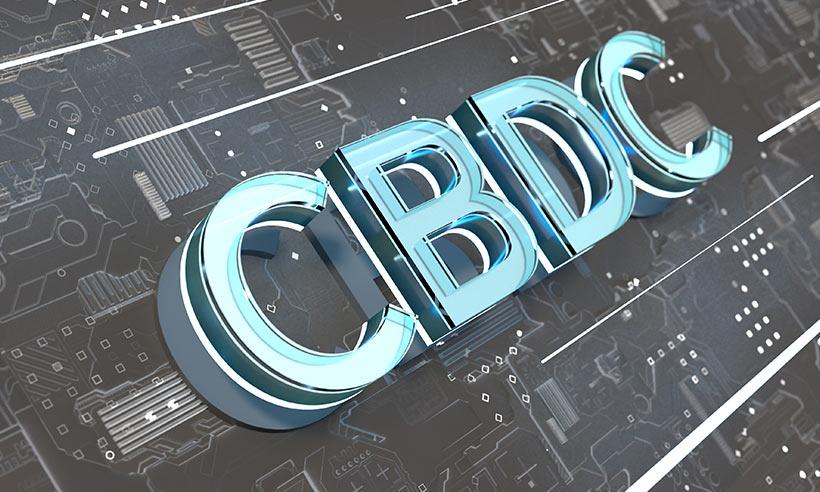May 27, 2022
Federal Reserve Vice Chair Testifies in Support of CBDC
.
Disclaimer: The views and opinions expressed in this article are for informational purposes only and do not constitute financial, investment, or other advice. Investing in or trading crypto assets comes with a risk of financial loss.
Prabhjeet Bhatla is a cryptocurrency writer covering startups and a researcher since 2020. She has authored many articles for Entrepreneur India and APAC (digital and print) on cryptocurrency and ever-evolving Blockchain, the technology behind Bitcoin, and other cryptocurrencies. She specializes in applied cryptography, privacy-enhanced information storage systems, anonymous cryptocurrencies, elliptic curve crypto-systems, and satellite television piracy.
